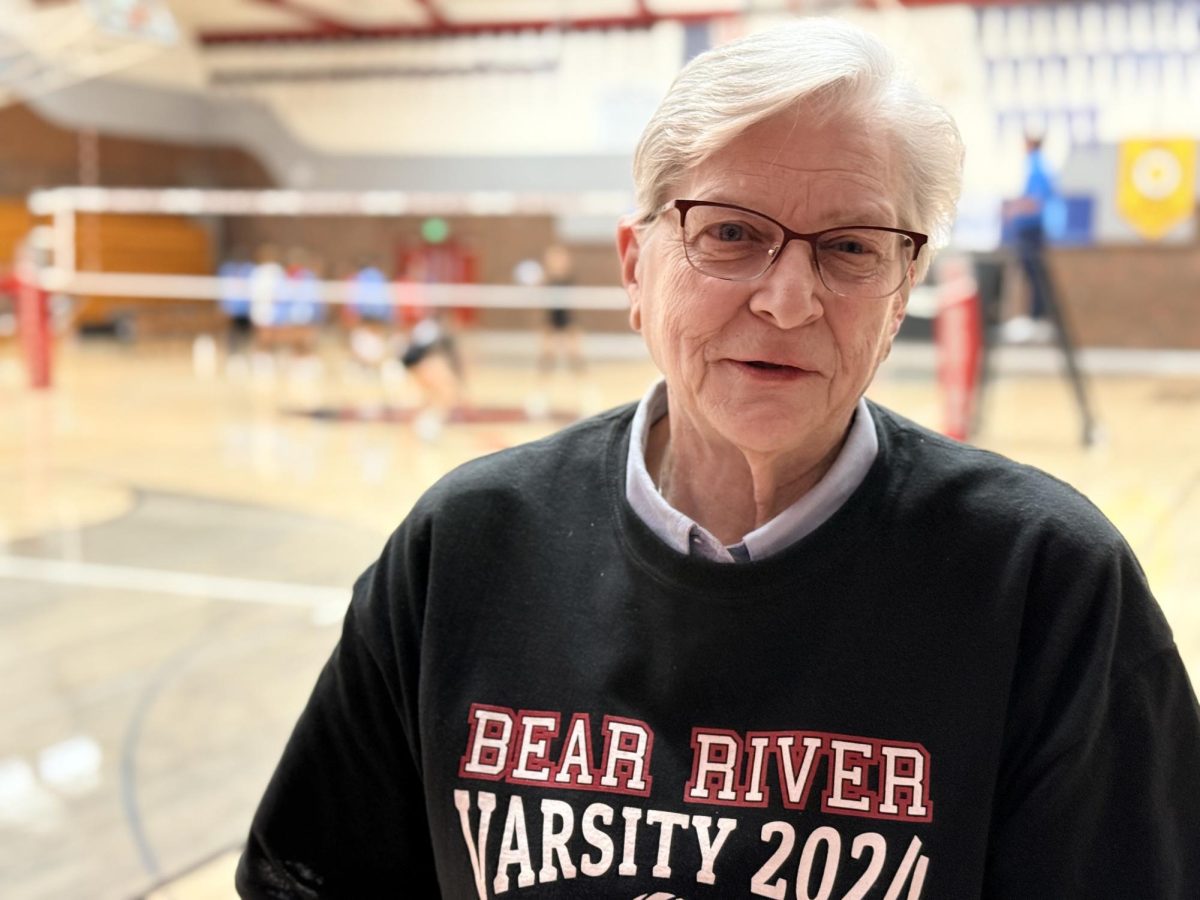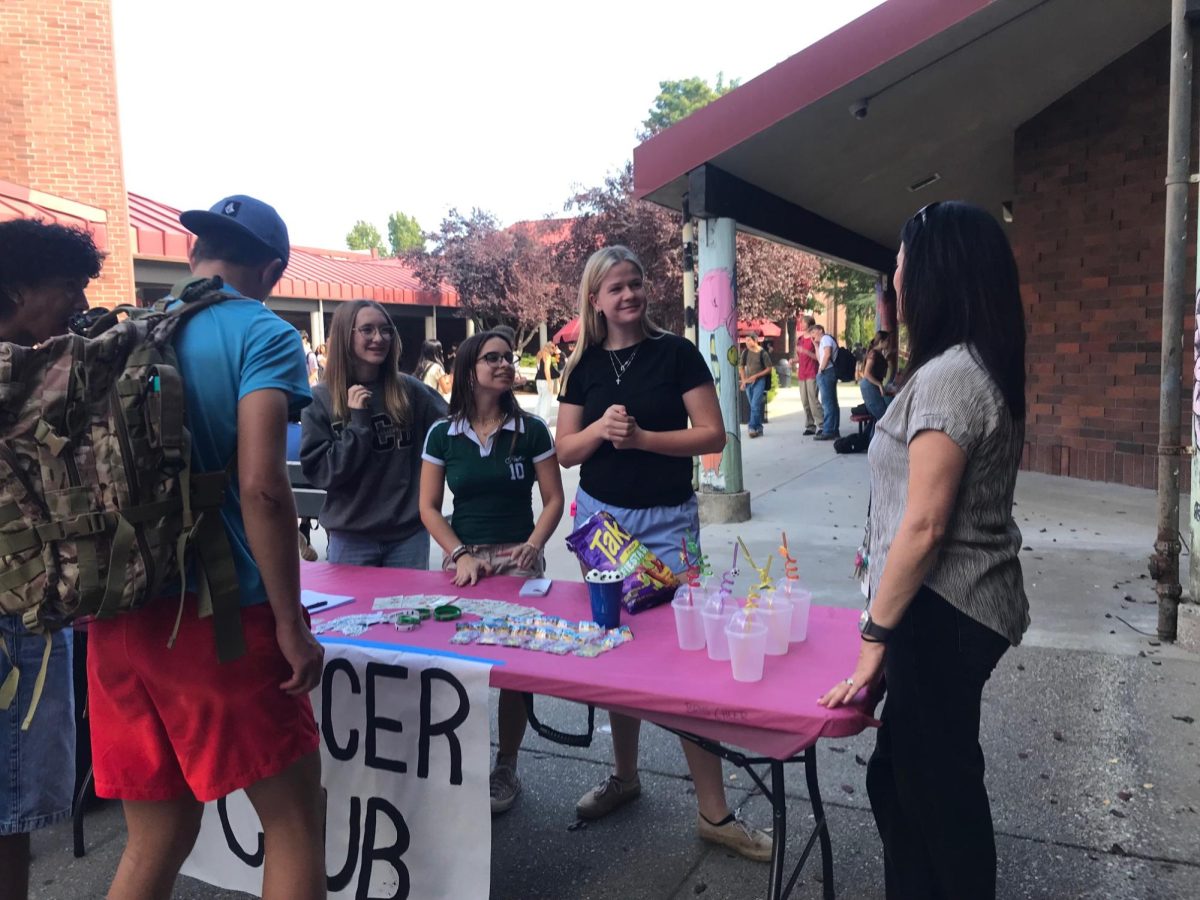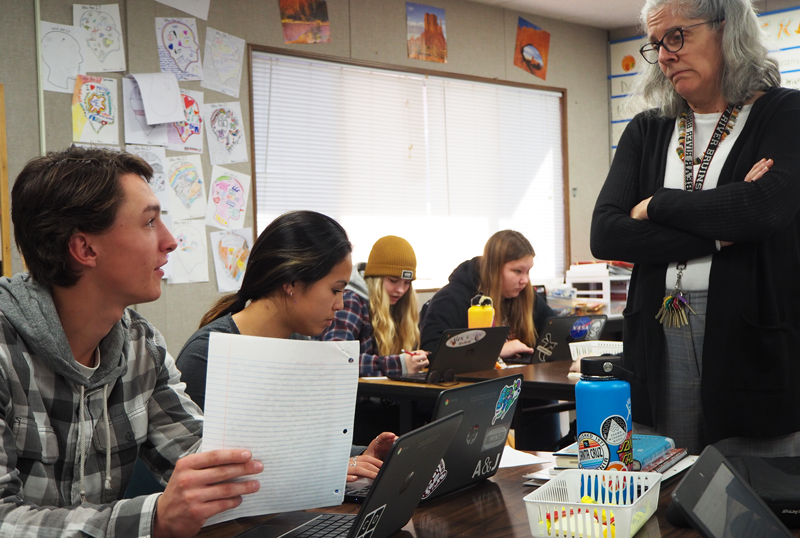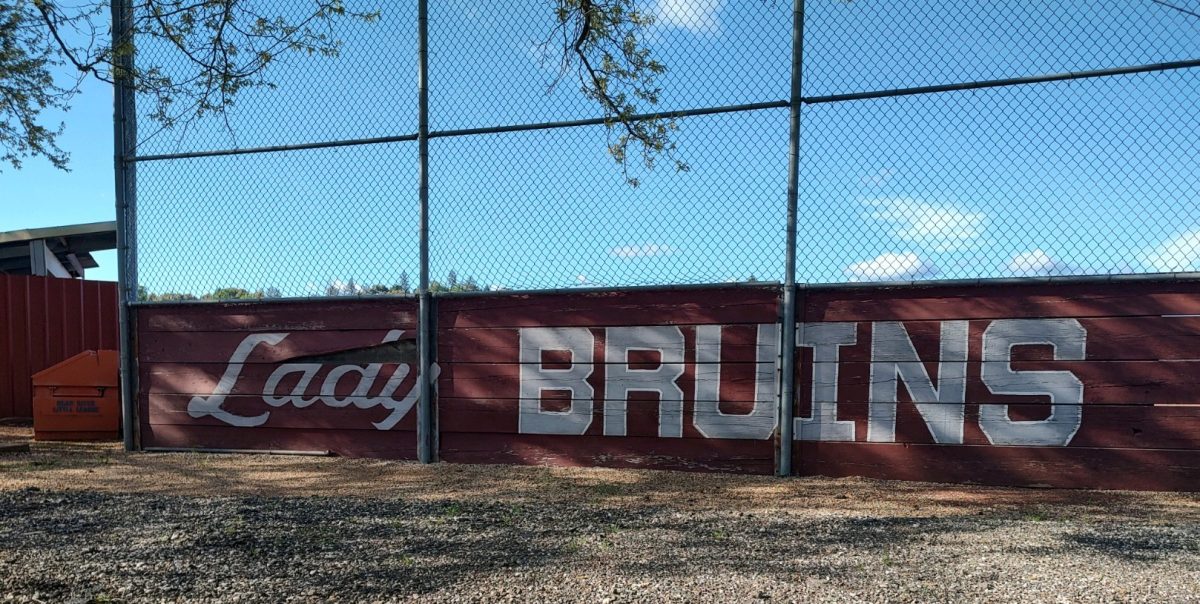While perambulating through a lateritious precinct, do you ever gasconade about your circumlocution?
Chances are, you understood nothing about that sentence. In elementary and middle school, we were taught new words every week, if not every day. But did our vocabularies stop expanding once we entered high school?
Junior Lydia Fuller-Hall believed that high school students might have less opportunities to learn new words in class.
“I don’t necessarily think teachers stopped teaching vocabulary, but they focus on different stuff,” she said. “We have the resources to learn new words on our own time.”
But do we have the motivation to expand our vocabulary on our own? “Learning Words from Context,” a study done in 1984, showed that the average student between first and seventh grade learns 5,000 new words each year, which means that the average seventh grade student should know 35,000 words. In May of 2013, TestYourVocab.com, a website that tests your vocabulary size, reached its two millionth participate. According to the data it collected, the average adult today only knows 35,000 words maximum. It is clear that, assuming those adults were supposed to learn five thousand new words a year in high school, their vocabularies should be much bigger.
English and Drama Teacher Sara Noah gave her opinion on why children’s vocabularies might have stopped growing in recent years.
“I think one of the big reasons is that students read less overall, read less challenging material, and even have fewer face-to-face interactions,” she said. “They spend more time writing short sentences over text than writing long, detailed paragraphs.”
But why does your vocabulary size actually matter? In the 1980’s, a study came out that showed a clear correlation between vocabulary size and success in life. In the thousand largest American companies, more than 88% of executives and 71% of managers scored above average on vocabulary tests. People with smaller vocabularies simply did not climb the corporate ladder as effectively, because success in the business place depends greatly on your communication skills.
Junior Arieal Swindell and senior Noah Skowronski were both conflicted on whether or not vocabulary was actually that important.
“I think for schoolwork, [vocabulary] helps, but, nowadays, you have Google for that sort of thing,” said Swindell.
“It depends on what job you want to have, but vocabulary can definitely be helpful,” said Skowronski.
One of the best ways to expand your vocabulary is by reading books in your free time. Fiction books, with their wider ranges of vocabulary, are especially good at broadening your language skills. Perhaps the reason students stop learning new words in high school is because they don’t have free time to read books of their choosing.
Swindell talked about whether or not she had free time for reading.
“Last year, I did,” she said. “Next year, I hope I will. But, in junior year, I don’t have time for that unless I go to bed at twelve.”
Skowronski was also asked if he had free time to read on his own.
“No, but I do anyway,” he said.
Vocabulary is a lot more important than we realize. It helps us express ourselves, and heavily affects how others, including potential employers, think of us. Having a large set of words to draw from to communicate with others with is an extremely important skill for students just beginning to enter adult life. Maybe we should put more effort into enhancing our verbal versatility.



































